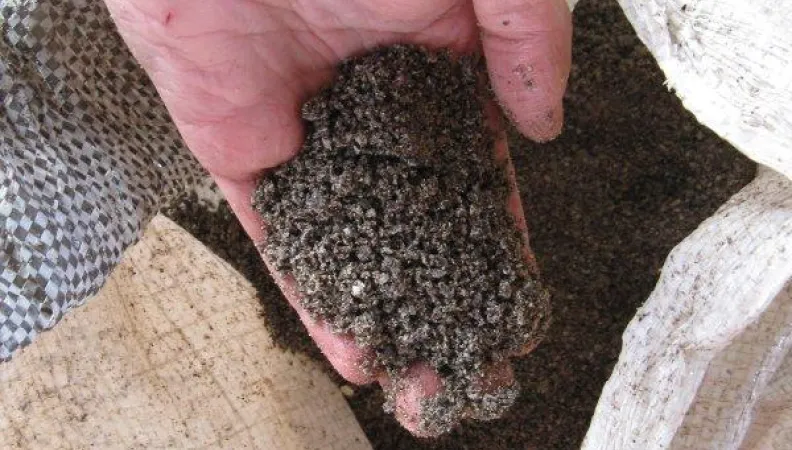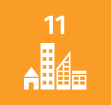Share the page
Jatropha Curcas : Resilience to Climate Change and Sustainable Agroforestry Value Chains
Project


-
Project start date
-
Status
Completed
-
Estimated date of project termination
-
-
Project financing date
-
-
Financing duration
-
4 years
-
Type of program
-
FFEM
-
Global financing amount
-
3 378 413 €
-
FFEM financing amount
-
1 000 000 €
-
Project lead member institution(s)
-
AFD
-
Location
-
Bamako
-
Type of financing
-
Grant
-
Partners
-
Beneficiaries
-
GERES
-
Type of beneficiary
-
NGO, Foundation



The project supports the adaptation of communities to climate change in Mali and Burkina Faso, while improving energy access in remote areas. To achieve this, it develops emerging and promising agroforestry value chains that can harness the potential of Jatropha Curcas, both in terms of agricultural productivity and energy production.
Context
The former cotton-growing regions of Mali and Burkina Faso are characterized by:
- Degraded soils, resulting from both land pressure and the use of chemical fertilizers at the expense of organic inputs;
- High variability in agricultural production, caused by climate change;
- Limited access to productive energy services.
Agroforestry value chains based on Jatropha Curcas and agroecological practices offer an effective opportunity to address the issue of low soil fertility, which has become a priority for both the agricultural sector and local authorities. Jatropha Curcas is a particularly relevant choice, as it also contributes to improving access to energy through its processing (crushing) into biofuel made from Pure Vegetable Oil (PVO).
Description
The project is structured around three main components:
- Improving agronomic performance and integrating Jatropha Curcas into agroforestry and market gardening systems, by using Jatropha seedcake as organic fertilizer, and supporting producer organization through advisory services, practical solutions, and the strengthening of cooperative dynamics.
- Promoting the energy use of Jatropha by-products, through knowledge dissemination, support for companies processing Pure Vegetable Oil (PVO), and the diversification of end uses.
- Documenting and disseminating the environmental and energy benefits of Jatropha-based agroforestry value chains at the sub-regional and national levels, in order to support advocacy efforts with public institutions on regulatory and fiscal issues.
Outcomes
- Increase yields and plant health protection for Jatropha Curcas, enabling households to generate additional income.
- Improve the functioning of Jatropha producer cooperatives to enhance the services provided to their members.
- Build the capacities of stakeholders along the entire value chain, as well as in related energy services sectors.
- Establish and sustain electrified activity zones in production areas that support productive micro and small enterprises (MSEs).
- Promote Pure Vegetable Oil (PVO) and seedcake processing units, emphasizing energy performance and profitability.
- Coordinate the activities of value chain stakeholders, foster exchange and capitalization of results.
A comprehensive ecological assessment of the Jatropha agroforestry value chains will be carried out at the end of the project.
Sustainable Development Goals
ODD9 Industry, innovation and infrastructure

ODD11 Sustainable cities and communities

ODD12 Responsible consumption and production



